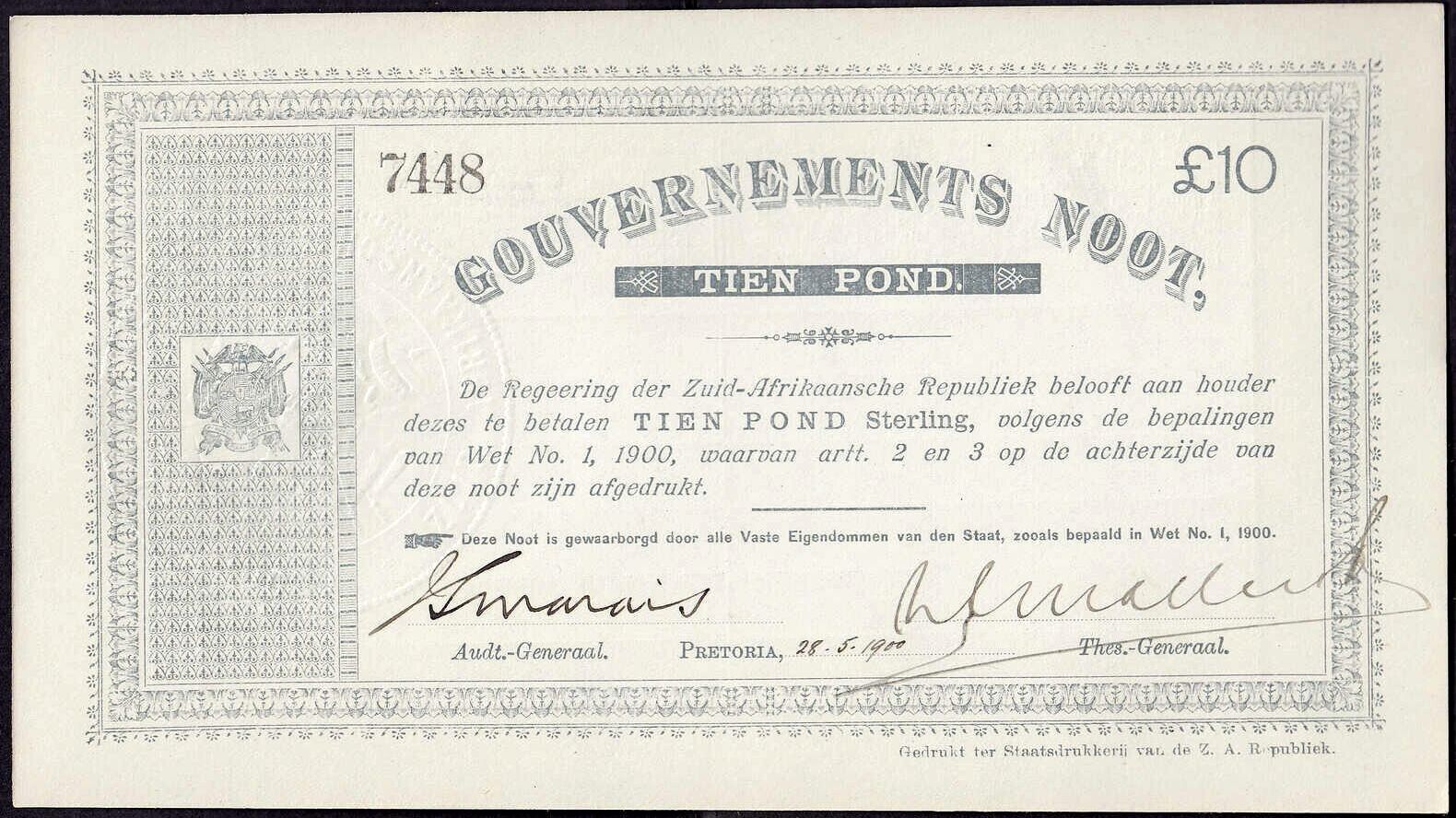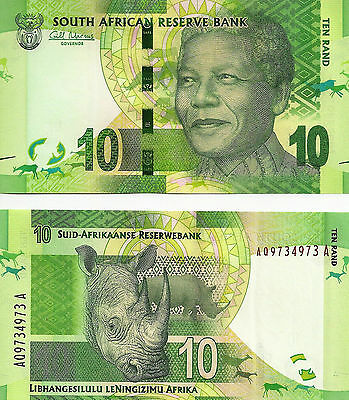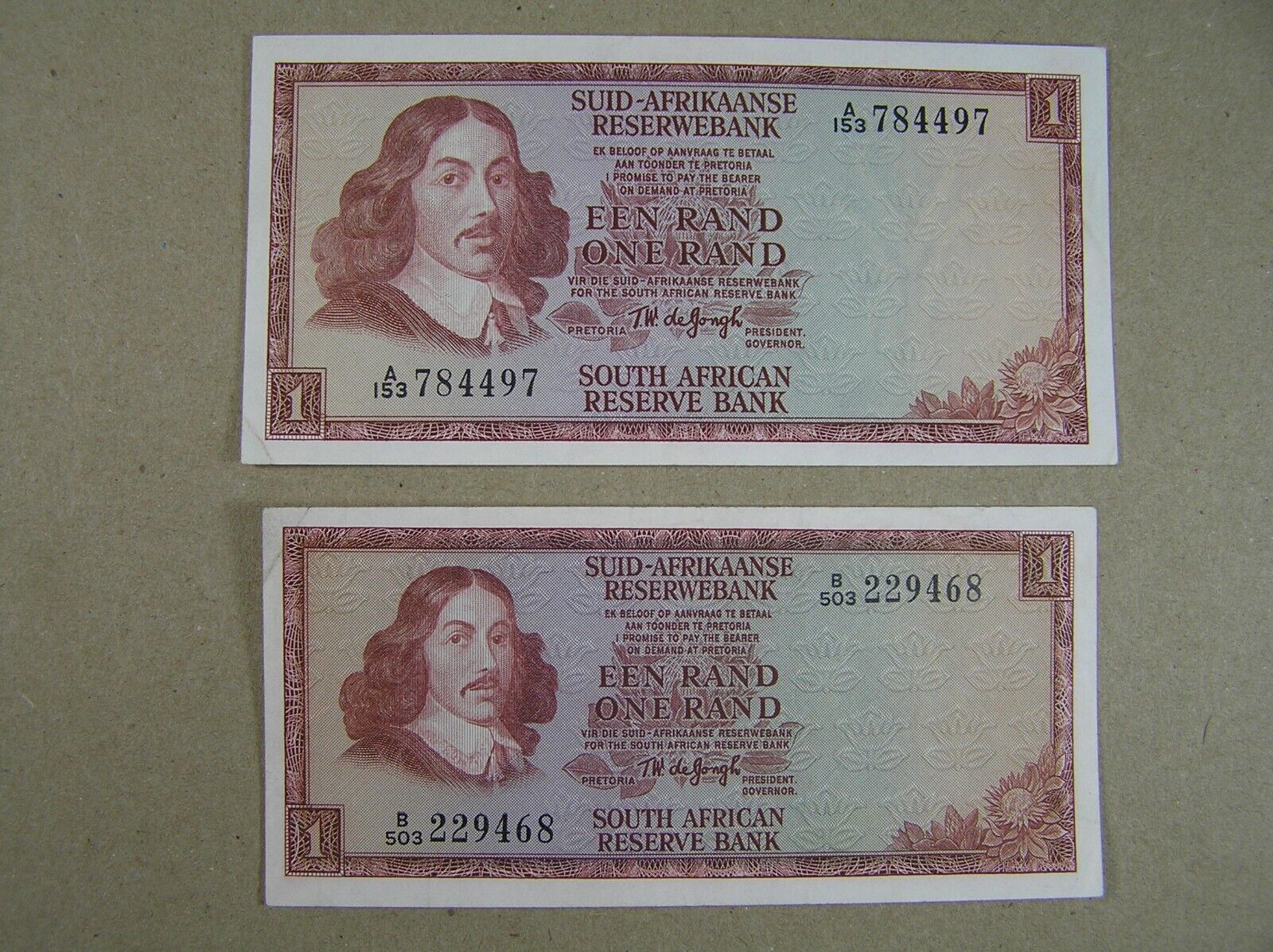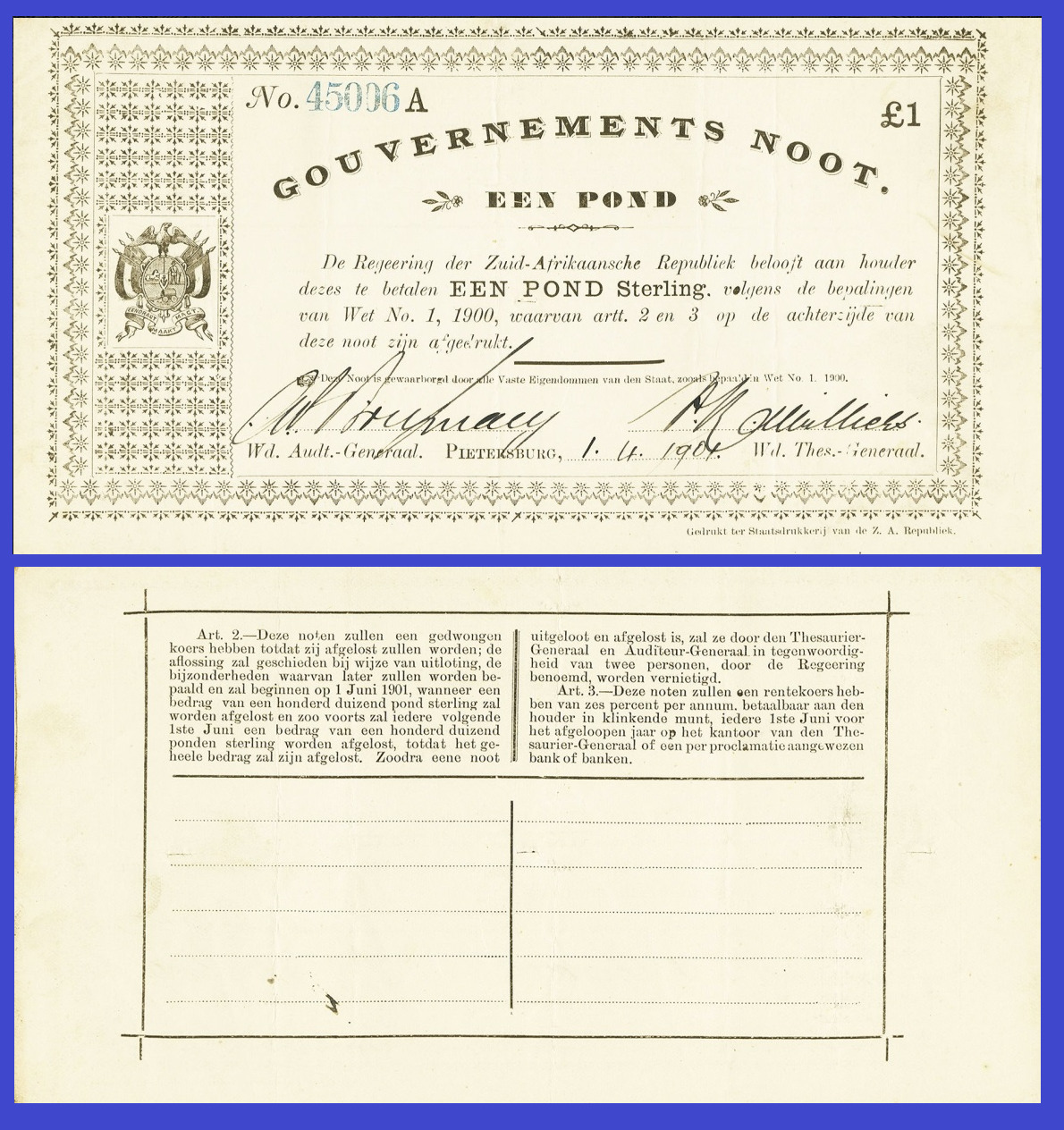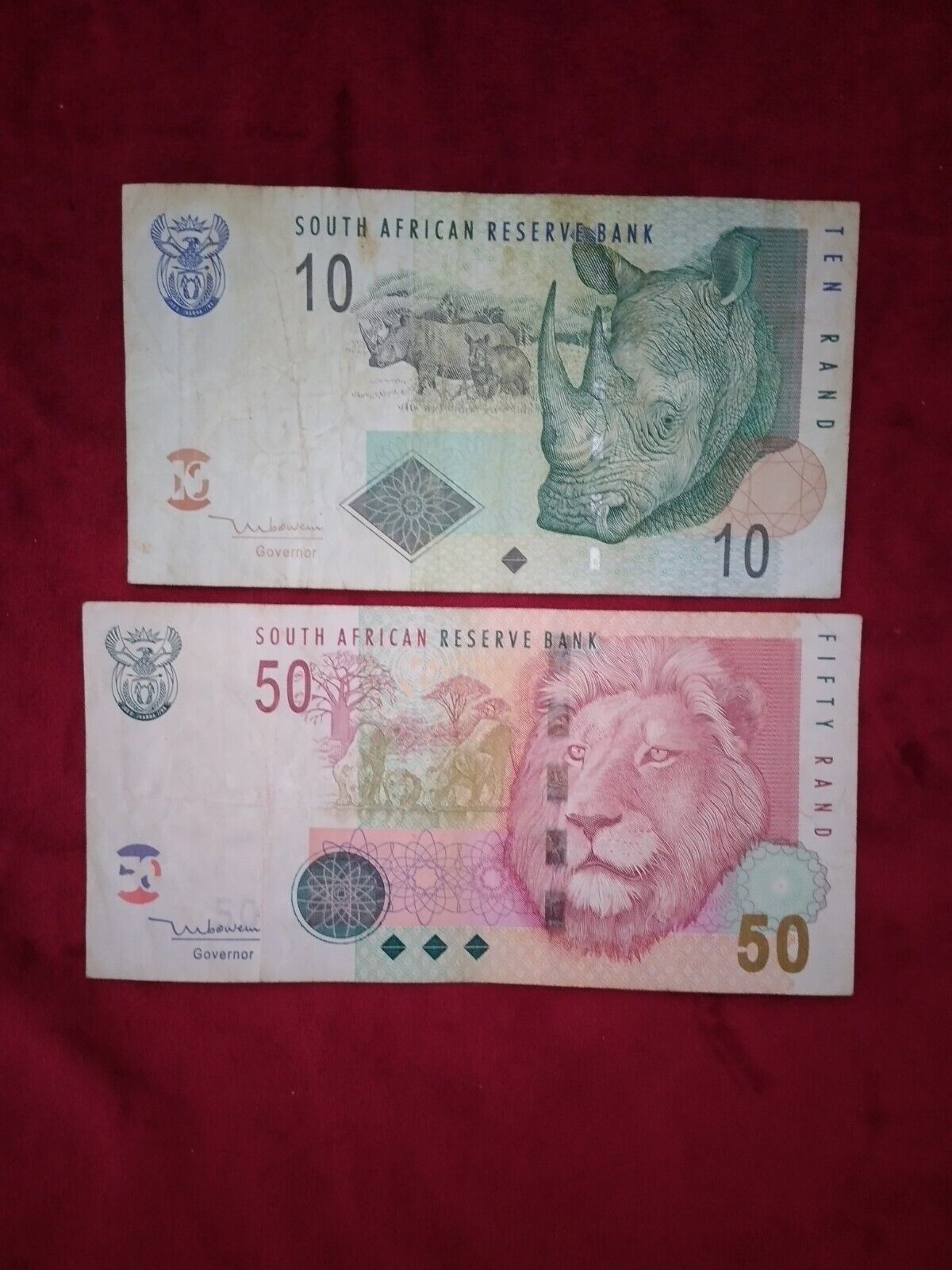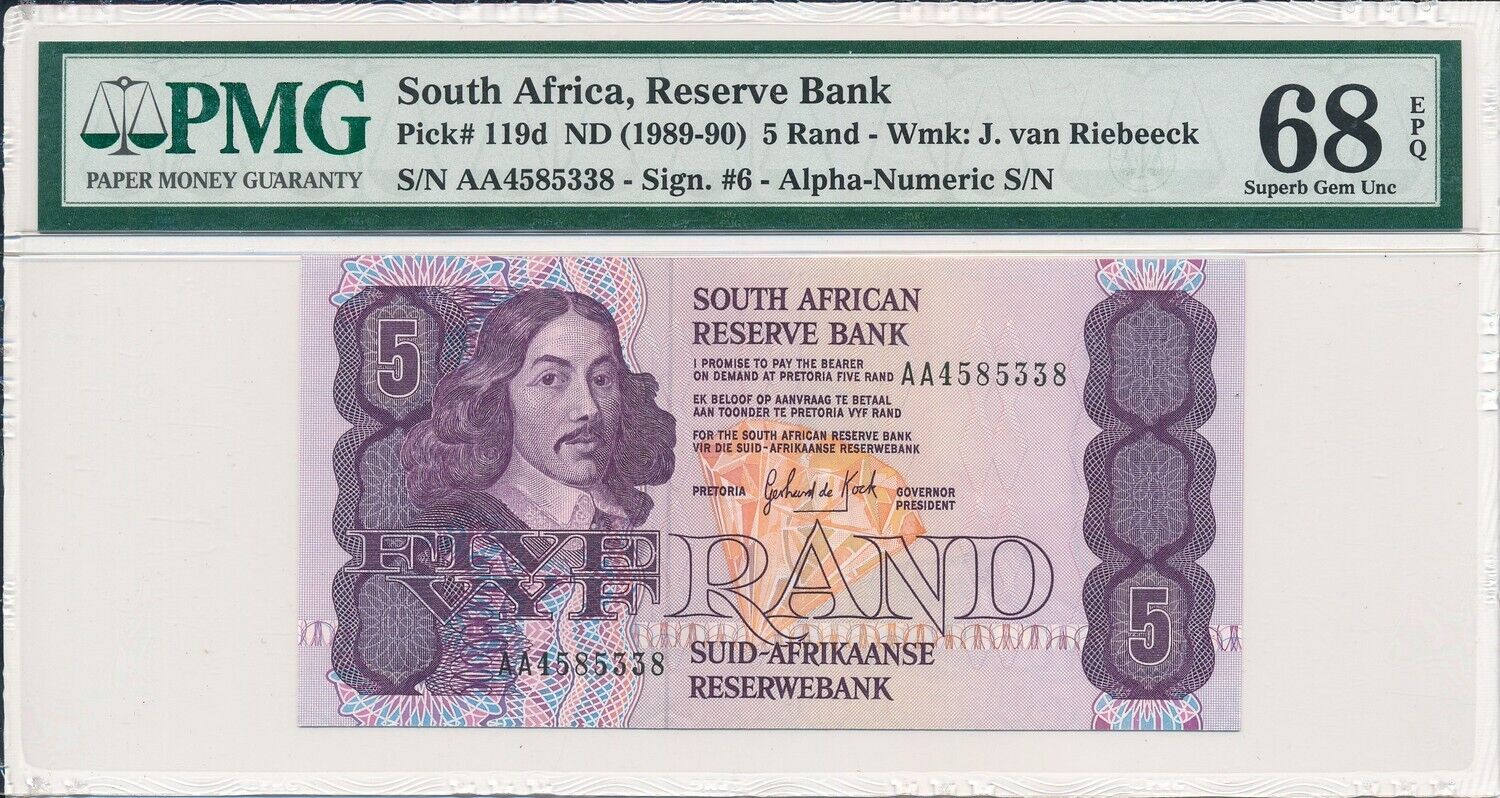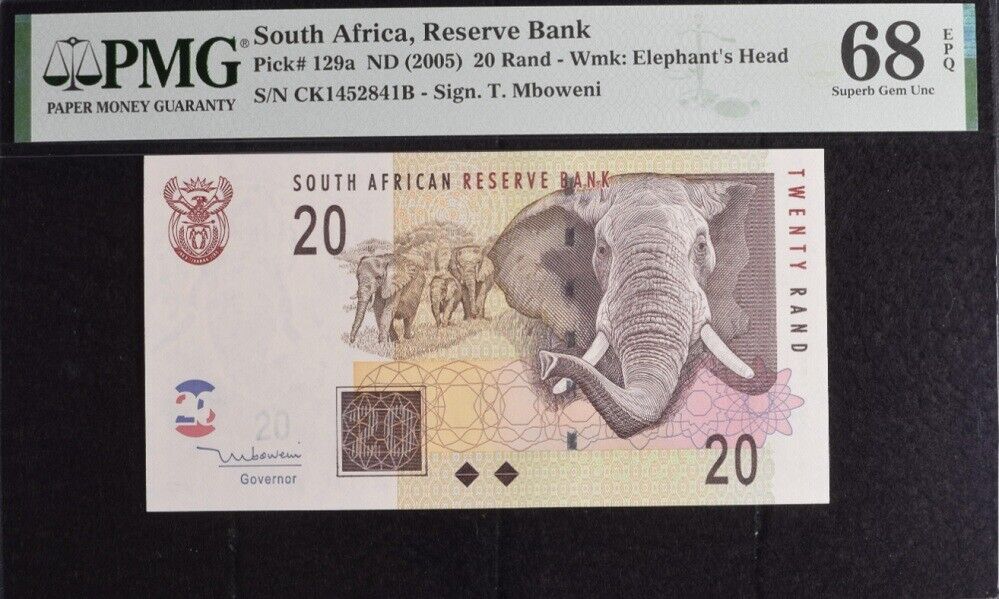-40%
BOER WARS! UNC DUTCH 10 POUND NOTE ISS 1 WEEK BEFORE FALL of PRETORIA to BRITISH
$ 118.77
- Description
- Size Guide
Description
This banknote was issued by the Boer Republic of South Africa during the Second Boer War for control of South Africa. It bears the embossed seal of the Dutch Government and is hand signed by the State's Treasurer and Auditor General. It remains in excessively rare Choice AU-CU condition without a single cancellation or other fault.When this note was issued at the Capital of Pretoria on My 28, 1900, the city had been under siege by the British since 1895. It fell to Britain not one week later, making this rare note a miracle of survival!
Piet Cronjé
's followers delivering up their rifles
The British first attacked the ZAR with the December 1895
Jameson Raid
, which ended in failure. British forces started building up troops and resources at the borders, followed by a demand for voting rights for the ZAR's 60,000 foreign nationals—of whom 50,000 were British. Kruger* rejected the British demand and called for the withdrawal of British troops from the ZAR's borders. When the British refused, Kruger declared war against Britain, Britain received assistance from its possessions Australia,and Canada, as well as Natal and the Cape Colony. *The Kruggerrand is named after him.
The
Second Boer War
was a watershed for the
British Army
in particular and for the
British Empire
as a whole. The British used
concentration camps
where women and children were held without adequate food or medical care.The abhorrent conditions in these camps caused the death of 4,177 women and 22,074 children under 16; death rates were between 344 and 700 per 1000 per year.
The
Treaty of Vereeniging
was signed on 31 May 1902. The treaty ended the existence of the ZAR and the
Orange Free State
as independent Boer republics and placed them within the British Empire. On 20 May 1903, an Inter Colonial Council was established to manage the colonies of the British Government. The Boers were promised eventual limited self-government and this was granted in 1906 and 1907. The
Union of South Africa
was established in 1910.
The
Second Boer War
was a watershed for the
British Army
in particular and for the
British Empire
as a whole. The British used
concentration camps
where women and children were held without adequate food or medical care.The abhorrent conditions in these camps caused the death of 4,177 women and 22,074 children under 16; death rates were between 344 and 700 per 1000 per year.
The
Treaty of Vereeniging
was signed on 31 May 1902. The treaty ended the existence of the ZAR (South African Republic) and the
Orange Free State
as independent Boer republics and placed them within the British Empire. On 20 May 1903, an Inter Colonial Council was established to manage the colonies of the British Government. The Boers were promised eventual limited self-government and this was granted in 1906 and 1907. The
Union of South Africa
was established in 1910.
